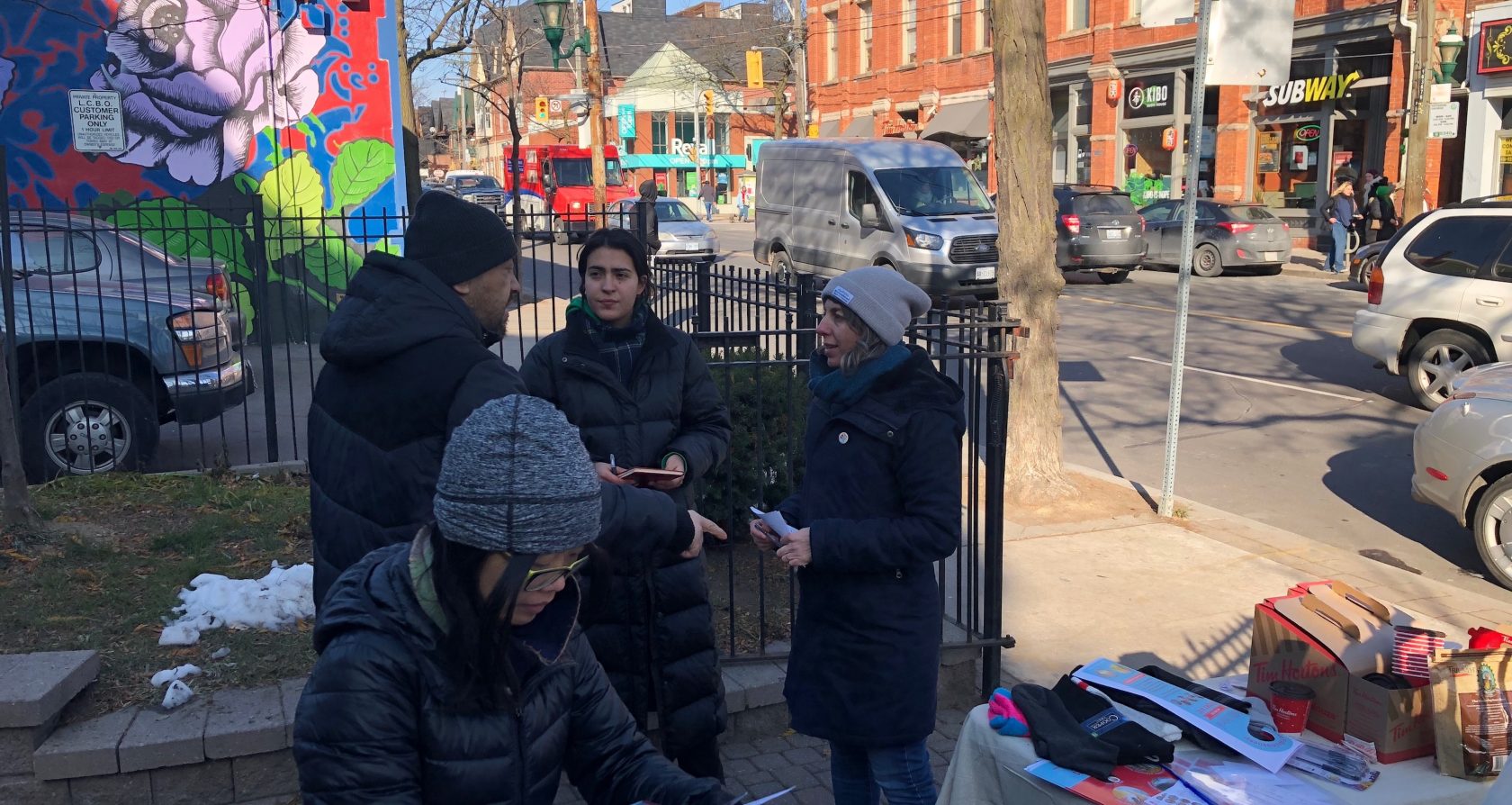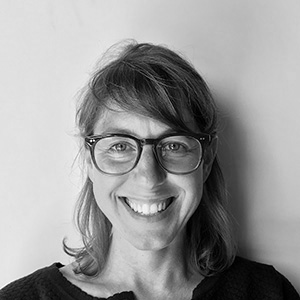Categories
Protecting four walls and a roof
I was recently invited to sit on a panel to speak about our ethnographic research on the experiences of residents of Toronto’s rooming houses. The panel was part of an artist residency to increase public awareness about protecting existing rooming houses from renovictions.
The room filled quickly with dance performers, visual artists, writers, film makers, academics, researchers and community members.
The first question asked the panel to describe rooming houses; the last question asked for our expert advice on what citizens can do to fight the housing crisis. For me, these questions fell flat: they left out the nuances of the issue. When I tried to share how we’ve come to see housing, from spending time with people on and off the streets, both panelists and the moderator were hesitant to engage.
We don’t disagree with housing advocates and fellow researchers: housing is a fundamental human right. But framing four walls & a roof as a rights issue leaves out what enables four walls & a roof to fulfill some of our most basic human needs. We need to add a ‘yes, and’ to the conversation.
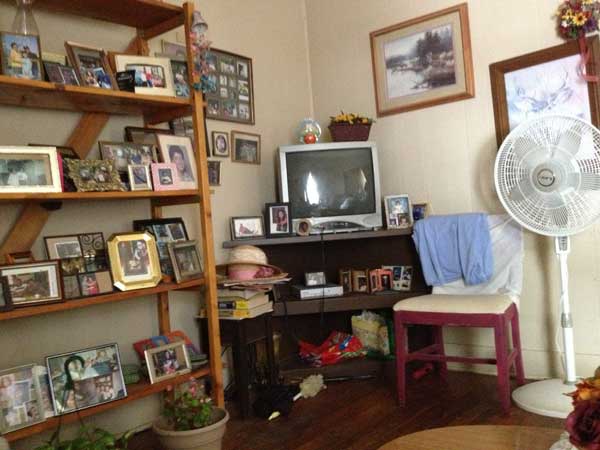
What else is housing for?
The panel led me to think about Dwayne, a man in his 40s who we met three years ago. Dwayne has keys to a house, but chooses to sleep rough. For Dwayne, four walls doesn’t provide dignity, safety or inclusion. No, this comes from his relationships, and how he self-organizes his day.
At InWithForward we are intentional about outcomes, and design interventions working backwards from them. Yes housing is a human right, and we need to be intentional about the interactions we want people to be able to access through their housing, especially for the most marginalized people in our communities.
We ask: and what else can we design into housing beyond a provision of adequate shelter and safety? What opportunities for change, connection, purpose and belonging can the built form provide? If we don’t think about this at the time we’re constructing new or repurposing old housing, we may very well overlook what matters most.
We believe the ‘and’ is important to moving conversations on social services and social issues forward.
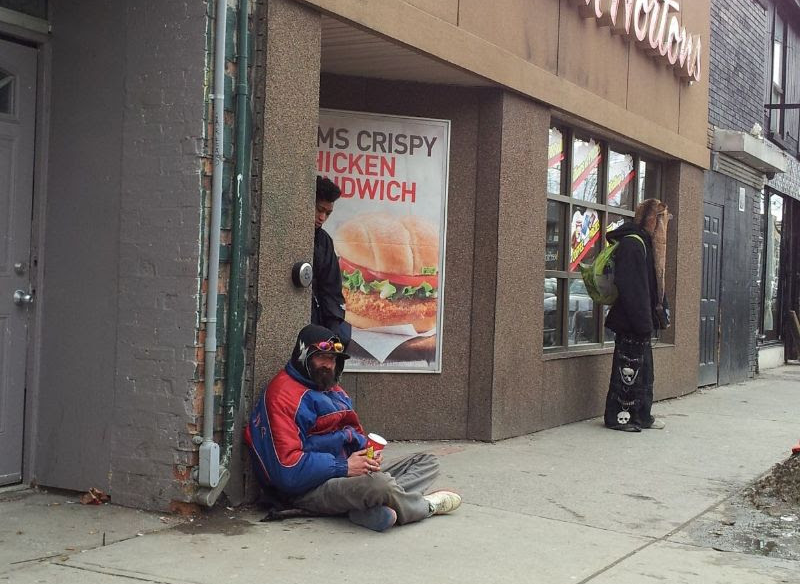
Opening up space to imagine
Quite often, our ‘yes ands’ fail to resonate with our audiences. We regularly hear statements like: “how can we think about a person’s sense of purpose when they don’t have a house?” The built-in assumption is that certain things have to happen first: housing has to happen before purpose. Our research across Canada tells us it’s not about one before the other, that our need for shelter and our need for belonging & purpose are complementary. If we don’t think about them in tandem, we create short-lived solutions. Perhaps the social sector is so used to scarcity that we can’t dare to imagine working on multiple needs at once?
We often wonder about other approaches we could take in these conversations. How can we help people imagine a world in which meaning, purpose, belonging aren’t after-the-fact considerations? How can we put the focus on supports that don’t just meet an immediate crisis, but move people closer to the outcomes they value?
Presenting people with tangible materials that make some of these big ideas visible, digestible and understandable (as we are doing this month with newcomers) could be a much more powerful approach than words in a conversation. Perhaps our IWF team members need to carry around dioramas, storyboards, and co-design boxes, so we are able – anytime and anywhere – to help show people what we mean when we talk about what could be.
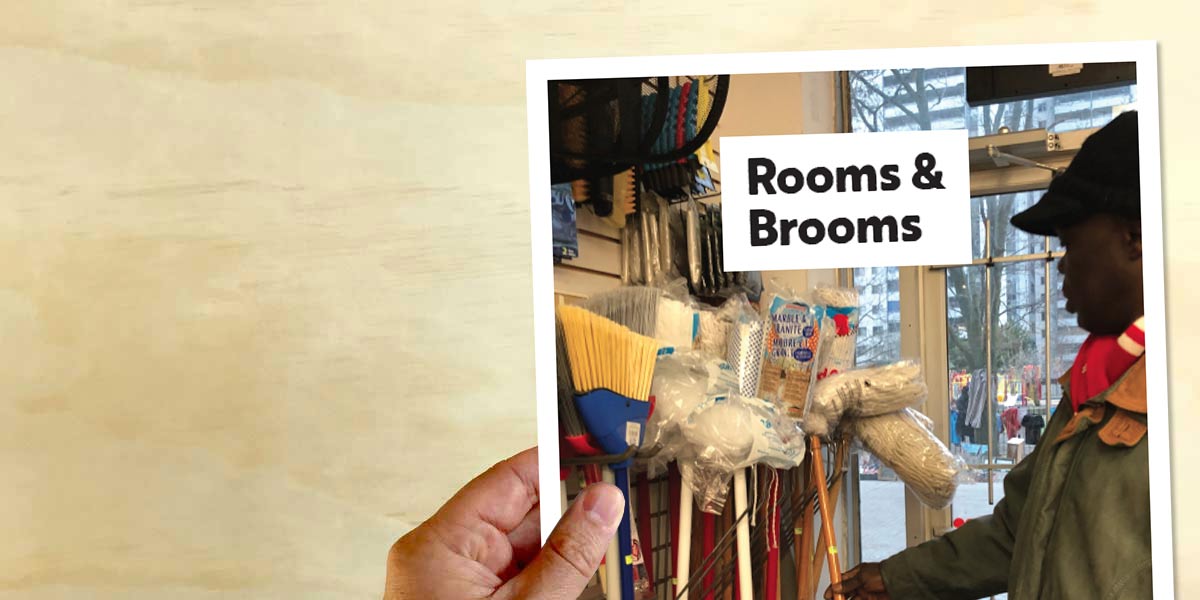
Rooms & Brooms
Highlights from our Grounded Data work with residents of Toronto East End rooming houses.
